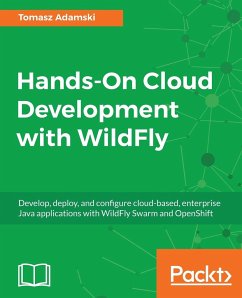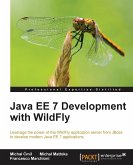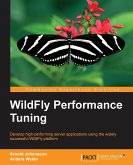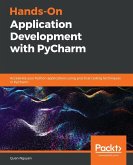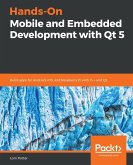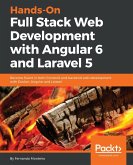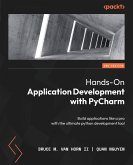Produktdetails
- Verlag: Packt Publishing
- Seitenzahl: 296
- Erscheinungstermin: 30. März 2018
- Englisch
- Abmessung: 235mm x 191mm x 17mm
- Gewicht: 557g
- ISBN-13: 9781786462374
- ISBN-10: 1786462370
- Artikelnr.: 52421971
Hinweis: Dieser Artikel kann nur an eine deutsche Lieferadresse ausgeliefert werden.
- Herstellerkennzeichnung
- Libri GmbH
- Europaallee 1
- 36244 Bad Hersfeld
- gpsr@libri.de

